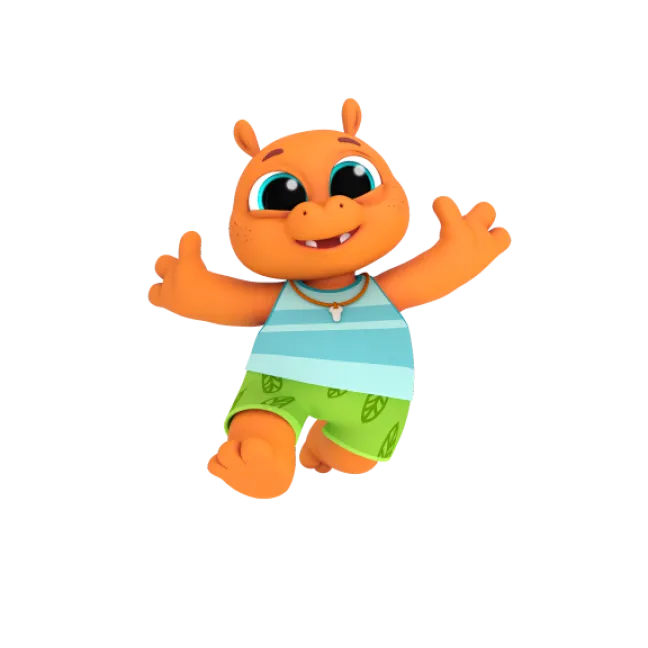We Supercharge Engagement!
We've developed a unique pathway to support classroom quality
MarcoPolo provides educators with a foundational pathway to support classroom quality, child engagement, and family connections. Using a three-pronged approach, educators are given the training and tools to elevate classroom quality and engage children on their learning journey.
MarcoPolo
Let's Learn
A customizable Professional Development series and trainings focused on best instructional practices to elevate classroom quality

MarcoPolo
Let's Engage
An easy-to-use multilingual resource that empowers teachers to put their professional learning into practice in the classrooms

MarcoPolo
Let's Share
An award-winning family engagement platform rich in content and activities that connects the classroom with homes


From administrators to families, we are your partner for promoting engagement

Continuous support for teachers on elevating best classroom practices
Our unique pathway to support quality goes beyond professional development and training, allowing teachers to put training into practice, as well as bringing families into children's learning.

An easy-to-use content rich platform that helps you create quality teacher-child interactions
Seamlessly aligned with the curriculum used in your classroom and tools such as Teachstone's CLASS®, this video centric platform brings your curriculum to life, with educator guides with open-ended questions and activities that make class preparation easier and foster effective teacher-child discourse.

An award-winning home learning platform that engages children and empowers caregivers
MarcoPolo For Families offers Emmy-nominated learning videos and literacy and math games that promote foundational skill development, aligned to Kindergarten Readiness assessment tools. Our platform uniquely connects teachers and homes with personalized messages and playlists.
Hear What They Have to Say









.svg)
.svg)